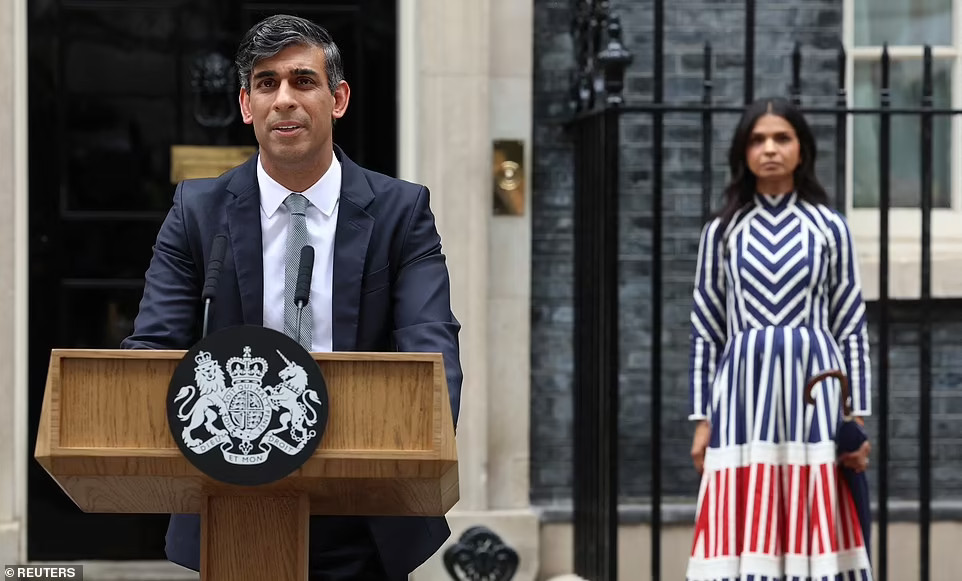Nigeria’s Presidency Challenges IMF Economic Assessment Amid Reform Pressure
Nigeria’s Presidency has strongly criticized the International Monetary Fund’s latest economic evaluation, describing the government’s position as being “between the devil and the deep blue sea.” The heated response came after the IMF released its assessment on Monday.
The IMF acknowledged President Bola Tinubu’s ongoing economic reforms but expressed serious concerns about Nigeria’s persistent challenges. The organization highlighted the country’s inflation rate, which continues to exceed 20 percent, as a major economic threat.
High poverty levels across Nigeria also drew criticism from the international financial institution. The IMF’s report painted a complex picture of an economy attempting transformation while struggling with fundamental issues.
The Presidency’s sharp rebuttal suggests growing tension between Nigerian leadership and international financial observers. Officials appear frustrated with external pressure while implementing difficult economic changes.
President Tinubu’s administration has pursued various reform measures since taking office. However, the IMF’s assessment indicates these efforts have yet to substantially impact key economic indicators.
The “breather” request from the Presidency reflects the challenging balance between implementing necessary reforms and managing public expectations. Nigerian officials seem caught between domestic pressures and international scrutiny.
This diplomatic friction highlights the broader challenges facing developing nations implementing structural economic changes. The outcome of this disagreement could influence future IMF-Nigeria relations and reform strategies.










